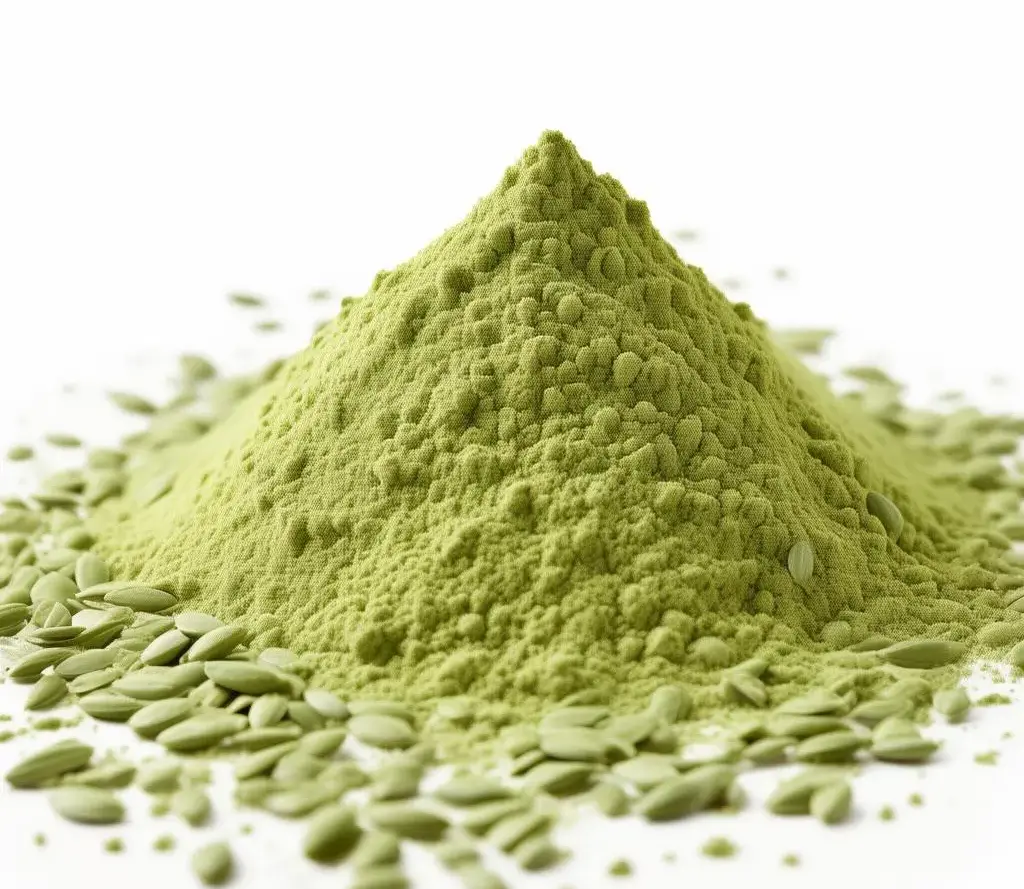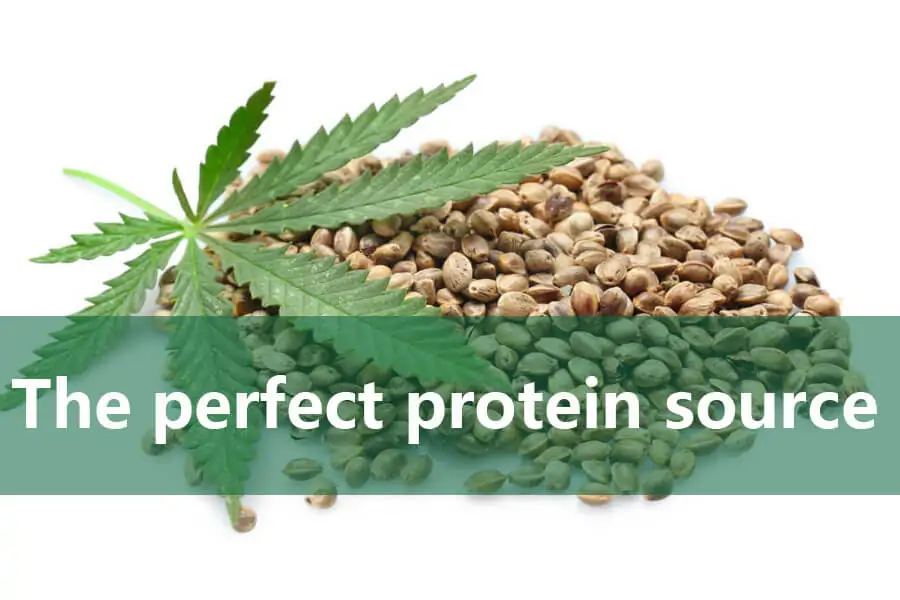In recent years, the global food and beverage market has experienced a significant shift towards healthier, more sustainable, and plant-based options. Among the various emerging trends, organic pumpkin seed protein has garnered substantial attention due to its impressive nutritional profile, versatility, and alignment with consumer preferences for natural and eco-friendly products. This article explores the current consumer trends and market demand for organic pumpkin seed protein, shedding light on why this ingredient is poised for growth and widespread adoption.

The Rise of Plant-Based Proteins
The surge in popularity of plant-based diets is one of the most notable consumer trends driving the demand for organic pumpkin seed protein. More people are adopting vegetarian, vegan, and flexitarian lifestyles, motivated by health concerns, environmental sustainability, and ethical considerations. According to a report by the Good Food Institute, the plant-based food market in the United States alone grew by 27% in 2020, reaching $7 billion in sales. This growth is expected to continue as consumers increasingly seek alternatives to animal-based products.
Plant-based proteins are at the forefront of this movement, with consumers looking for high-quality protein sources that are not only nutritious but also sustainable. Organic pumpkin seed protein fits this demand perfectly. It is derived from pumpkin seeds, a byproduct of the pumpkin industry, making it a sustainable choice that minimizes waste. Moreover, pumpkin seed protein is rich in essential amino acids, vitamins, minerals, and antioxidants, offering a comprehensive nutritional profile that appeals to health-conscious consumers.
Health and Wellness Trends
Health and wellness have become central to consumer purchasing decisions. The COVID-19 pandemic has further amplified this focus, with people prioritizing immune-boosting, nutrient-dense foods to enhance their overall well-being. Organic pumpkin seed protein stands out in this regard due to its numerous health benefits. It is a complete protein, containing all nine essential amino acids required for muscle repair and growth. Additionally, it is a good source of magnesium, iron, zinc, and other vital nutrients that support immune function, cardiovascular health, and metabolic processes.
The dietary fiber content in pumpkin seed protein also promotes digestive health, making it an appealing option for consumers seeking to improve their gut health. Furthermore, the presence of antioxidants such as vitamin E and carotenoids helps combat oxidative stress and inflammation, contributing to long-term health benefits. As consumers become more informed about the nutritional value of their food choices, products like organic pumpkin seed protein are gaining traction for their ability to deliver multiple health benefits in a single ingredient.
Sustainability and Environmental Impact
Sustainability is another key driver of market demand for organic pumpkin seed protein. Consumers are increasingly aware of the environmental impact of their food choices and are seeking products that align with their values of sustainability and environmental stewardship. Organic farming practices, which avoid the use of synthetic pesticides and fertilizers, resonate with eco-conscious consumers who prioritize products that are kind to the planet.
Pumpkin seeds, the source of pumpkin seed protein, are a byproduct of pumpkin production, which means that using them for protein powder helps reduce food waste. This upcycling of byproducts into valuable ingredients is a significant trend in the food industry, contributing to a circular economy and minimizing environmental impact. By choosing organic pumpkin seed protein, consumers can feel confident that they are making a positive contribution to environmental sustainability.
Allergen-Free and Special Diet Compatibility
Food allergies and intolerances are a growing concern for many consumers, prompting a demand for allergen-free products. Organic pumpkin seed protein is naturally free from common allergens such as gluten, soy, and dairy, making it a safe and versatile option for individuals with food sensitivities. This allergen-friendly nature expands its appeal to a broader audience, including those with celiac disease, lactose intolerance, or soy allergies.
Moreover, organic pumpkin seed protein is compatible with various special diets, including vegan, vegetarian, keto, and paleo diets. Its high protein content and low carbohydrate levels make it an excellent choice for keto dieters, while its plant-based origin aligns with vegan and vegetarian dietary preferences. This versatility makes organic pumpkin seed protein a valuable ingredient for manufacturers looking to cater to diverse consumer needs.
Innovation in Product Development
The growing demand for organic pumpkin seed protein is driving innovation in product development. Food and beverage manufacturers are exploring new ways to incorporate this ingredient into a wide range of products, from protein bars and smoothies to dairy alternatives and baked goods. The mild, nutty flavor of pumpkin seed protein allows it to blend seamlessly into various formulations, enhancing the nutritional profile without compromising taste.
Functional foods and beverages are a significant area of innovation, with consumers seeking convenient, nutrient-dense options that fit into their busy lifestyles. Organic pumpkin seed protein is being used to develop high-protein snacks, meal replacement shakes, and fortified foods that offer both convenience and health benefits. This trend towards functional products is expected to drive further growth in the market for organic pumpkin seed protein.
Market Potential and Future Outlook
The market potential for organic pumpkin seed protein is substantial, given the convergence of health, sustainability, and dietary trends. According to a report by Grand View Research, the global plant-based protein market is projected to reach $16.63 billion by 2025, growing at a CAGR of 8.4% from 2019 to 2025. Organic pumpkin seed protein is well-positioned to capitalize on this growth, offering a unique combination of nutritional benefits, sustainability, and allergen-free properties that appeal to a wide range of consumers.
As awareness of the benefits of organic pumpkin seed protein continues to grow, it is likely to become a staple ingredient in the health and wellness sector. Retailers and manufacturers can leverage this trend by incorporating pumpkin seed protein into their product lines and marketing it as a premium, sustainable, and health-enhancing ingredient. Collaborations with health influencers, educational campaigns, and transparent labeling can further boost consumer confidence and drive adoption.
Conclusion
The consumer trends and market demand for organic pumpkin seed protein reflect a broader shift towards healthier, more sustainable, and plant-based food choices. As health and wellness, sustainability, and dietary preferences continue to shape consumer behavior, organic pumpkin seed protein is emerging as a versatile and valuable ingredient. Its rich nutritional profile, environmental benefits, and compatibility with various diets make it an ideal choice for food and beverage manufacturers looking to meet the evolving needs of today’s health-conscious consumers. With the right strategies and innovations, organic pumpkin seed protein has the potential to become a key player in the future of plant-based nutrition.
Recommended Product
Organic Pumpkin Seed Protein Powder
Organic pumpkin seed protein powder offers ≥60% protein with unique sleep support, prostate health, and…



